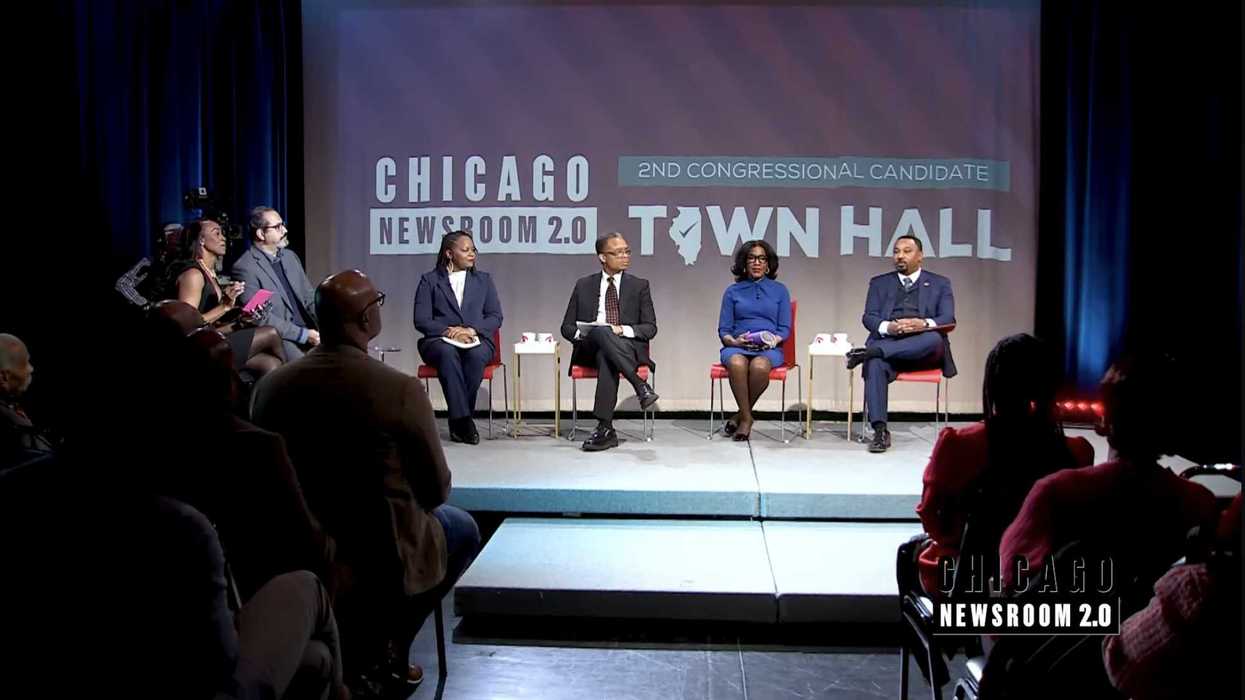Campaigns to give 16-year-olds some voting rights were launched this week on both coasts.
The lopsidedly Democratic Oregon Legislature began moving a bill that would have voters decide in 2020 whether to lower the voting age by two years for all state and local elections. The main suspense looks to be whether the proposal will be extended to federal contests as well.
And the mayor of Somerville, a suburb of Boston, asked the city council to join him in seeking permission from the state to alter the municipal voting age.
In both places, advocates argued the move would boost civic engagement by getting teenagers "hooked" on voting at an earlier age, and that it's appropriate to expand the franchise to include all people old enough to drive, pay taxes and shape public policy debates – pointing to the gun control activism of Parkland, Fla., teenagers after 17 fellow students died at a high school there a year ago.
But opponents argued the move would vest too much responsibility in youngsters. "Sixteen-year-olds are too young to enlist in the military, too young to own firearms, too young to own property, too young to enter into legal contracts, and too young to get married," said Oregon state Senate GOP leader Herman Baertschiger Jr. "This is nothing more than an attempt to expand the voter rolls to sway elections."



















